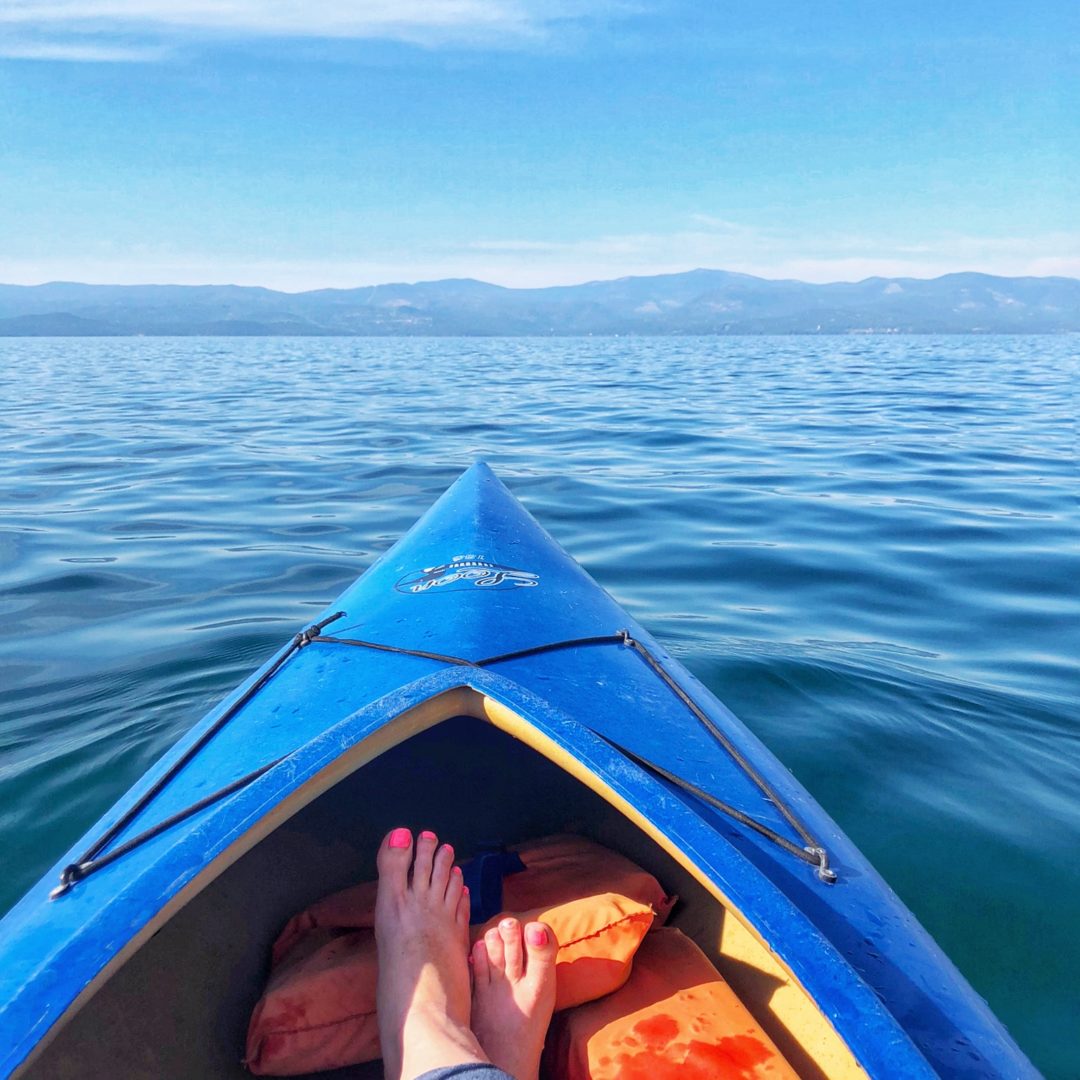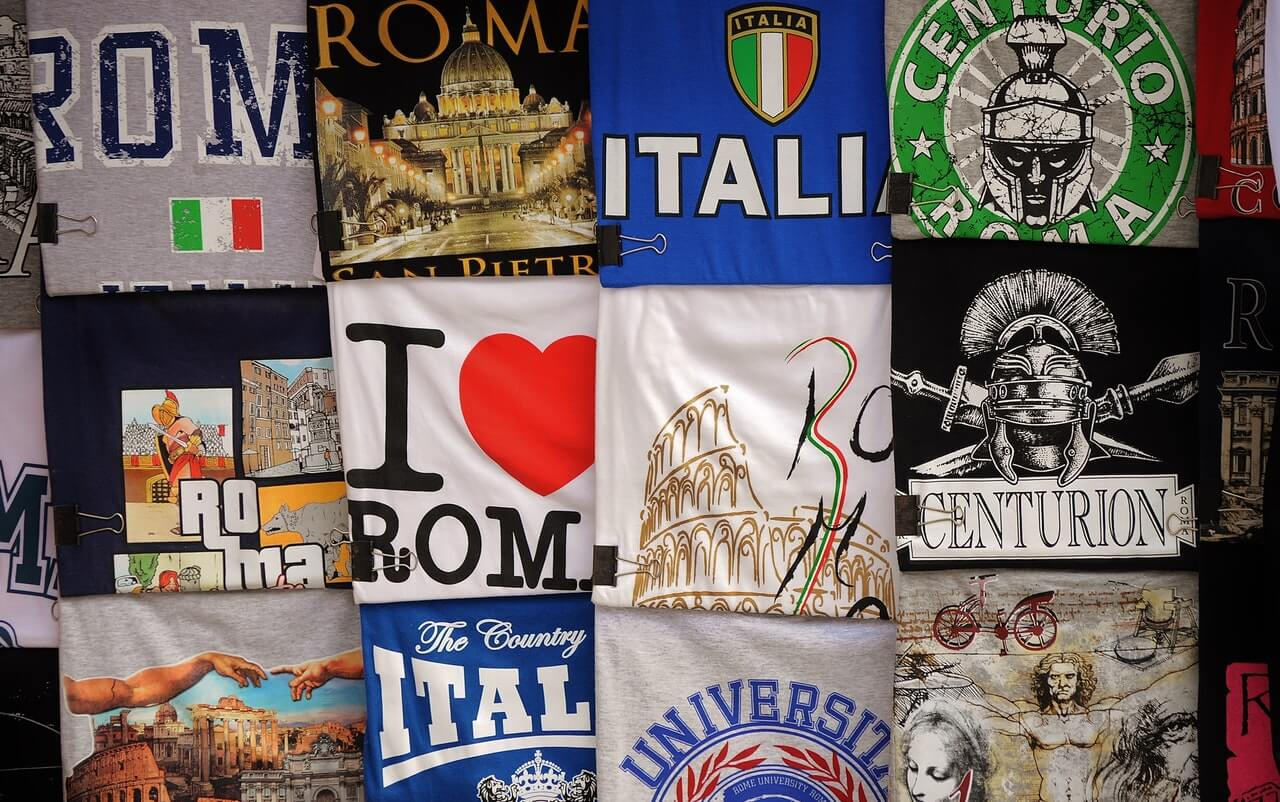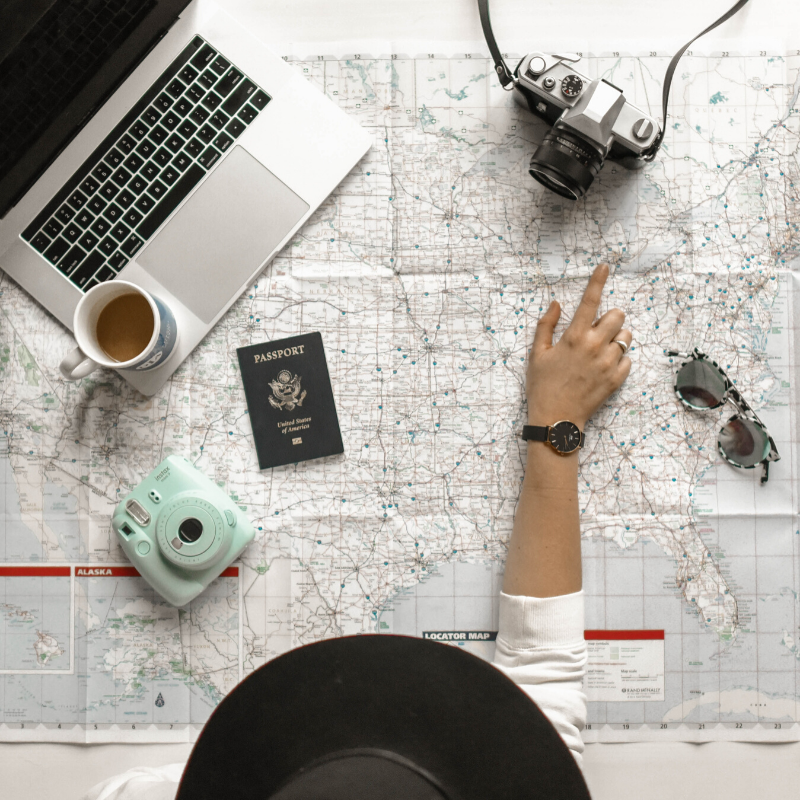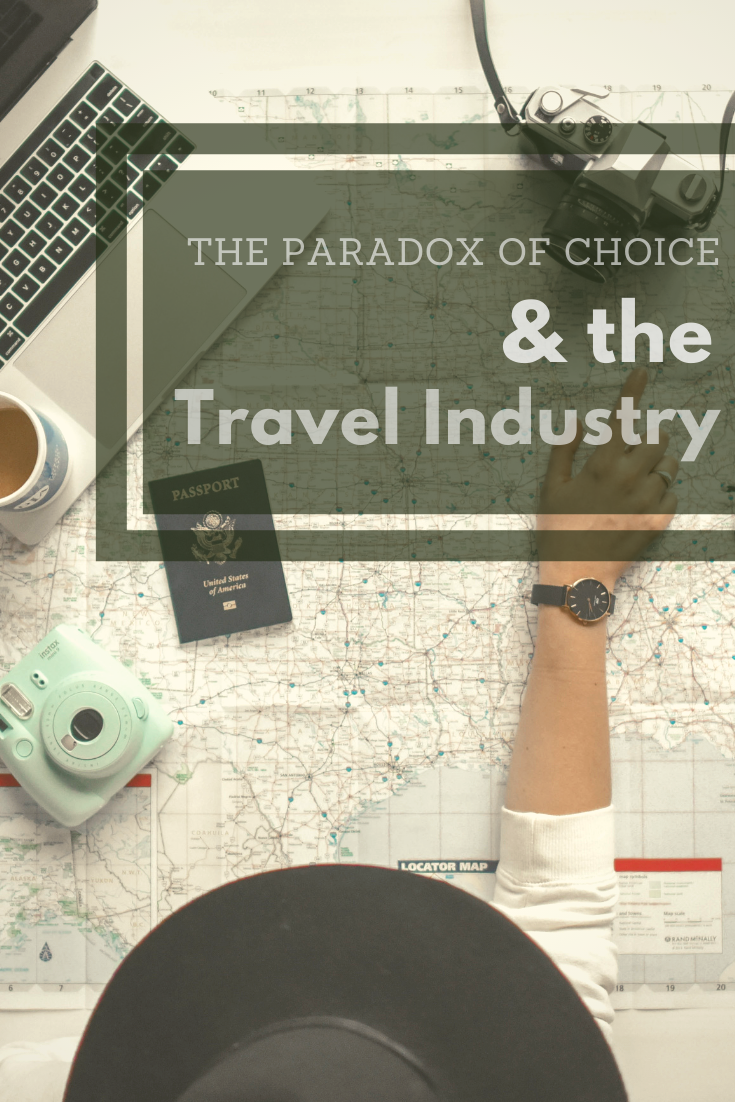Variety is the spice of life. But as anyone who has ever been to a bad dinner party can attest, too much spice can leave a bad taste. When it comes to travel, we’re spoilt for choice.
From the perilous heights of Mount Everest to the depths of the Great Barrier Reef, we can go virtually anywhere. And that’s not to mention the rise of dark tourism, opening up new weird and wonderful places to visit.
But too much choice can be a bad thing. Read on to learn why the paradox of choice is a problem and what the travel industry is doing about it.
 What is the paradox of choice?
What is the paradox of choice?
The paradox of choice is a term coined by American psychologist Barry Schwartz in his 2004 eponymous book.
In essence, it refers to the idea that when an individual has too many options to choose from, rather than enjoying the variety of choices available, it instead causes them stress and anxiety. Schwartz posits that an overwhelming array of choices actually paralyses the individual into inaction.
Netflix is a ready example of the paradox of choice. Think of the last time you decided to watch a film. Netflix bombards you with literally hundreds of films: romantic films, horrors, comedies.
Even thrillers are divided into even more categories: action, classic, crime, foreign, psychological… The list goes on. By the end, you settle on a film you’ve seen before out of sheer frustration. This is the paradox of choice at work.
What does this have to do with travel?
So what does the paradox of choice have to do with travel? Thanks to new technology, affordable transport, and a global economy, the world is getting smaller. As a result, the average globetrotter has a plethora of destinations to choose from.
 And even when we choose a destination, there are further choices open to us. Do you opt for a bootstrapping hostel-hopping holiday? Splash out on a luxury five-star villa? Or meet them halfway with an all-inclusive resort?
And even when we choose a destination, there are further choices open to us. Do you opt for a bootstrapping hostel-hopping holiday? Splash out on a luxury five-star villa? Or meet them halfway with an all-inclusive resort?
The choice available is increasing all the time. There are tours dedicated to everything from Game Of Thrones to Twin Peaks, and Airbnb is now offering animal-centric holidays that are approved by animal welfare groups. When it comes to choice, globetrotters have never had it so good.
And this is true all over the world. Even countries that are off the traditionally beaten tourist path are impacted by the paradox of choice, despite their relative newness.
Travel broadens the mind, opens you up to new experiences, and helps you appreciate the wonderful world we live in. But with the world at our feet, where do we step first?
How is the travel industry combating this?
A number of startups and small businesses have formed in recent years whose approach to the paradox of choice is their unique selling point.
BeRightBack is a fine example of this. BeRightBack is the Netflix of travel, offering a subscription service to travel connoisseurs. Customers pay around $90 a month and provide their personal preferences: preferred departure airports, destinations, flight times, and so on.
BeRightBack then books trips on behalf of the traveler, only revealing their destination a month before they fly out. Flights and accommodation are booked according to the customer’s personal preferences, so they’re all but guaranteed a holiday they’ll enjoy.
Anywhere provides another example of how the travel industry is targeting the paradox of choice. Anywhere specializes in Costa Rica travel and offers a range of packages tailored to specific holiday types. You simply pick your vacation — romantic getaway, rainforest adventure, even eco-tourism experiences — and they plan everything else for you.
In this way, the multitude of choices related to travel is reduced. The traveller is able to enjoy a pre-planned holiday without the paralysis of decision.
These are just a few examples of travel brands that turn the paradox of choice into a profitable business idea. Convenience is a driver in virtually all industries today — from television streaming to home meal delivery — and the travel industry is no different.
Laura May is Digital Editor at Just Another Magazine.






Join the discussion One Comment